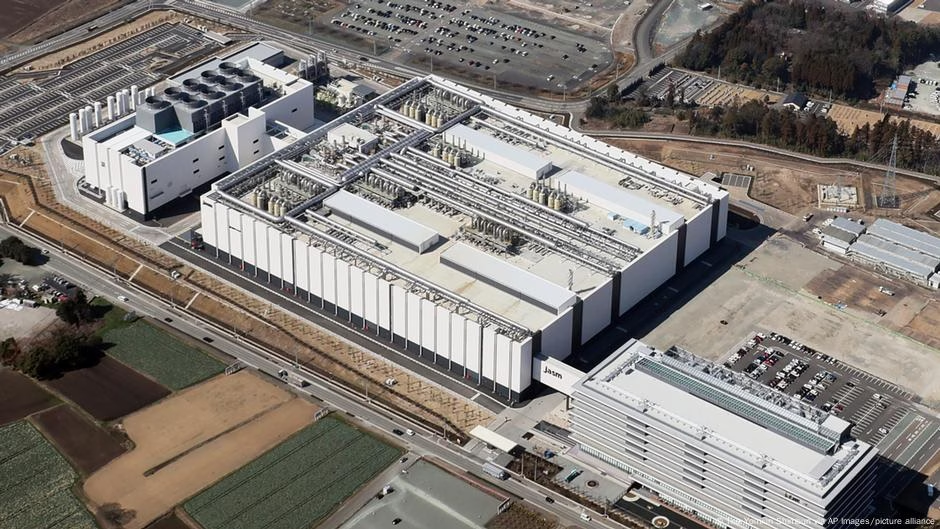Once the dominant player in the high-performance electronics market, Japan still boasts some of the world’s most advanced chip fabrication technology. However, in the 1980s, Japan effectively ceded large-scale production of basic chips to nations like South Korea, as the sector was not considered highly profitable at the time. It was also assumed that international trade would remain unimpeded, allowing Japan to rely on imports.
However, as professor Kazuto Suzuki from Tokyo University points out, this understanding has changed. He highlights the disruption of supply chains caused by the coronavirus pandemic as a significant factor in this shift.
The sudden shortage of chips in Japan, Europe, and the US prompted the Japanese government to recognize the need for domestic production to prevent industry decline, Suzuki said.
The government’s sense of urgency has been further heightened by trade-restricting policies introduced by the Donald Trump administration, Suzuki added.
Japan’s Strategic Goals
“The government’s primary concern is economic security,” states Damian Thong, an equity research head and semiconductor sector specialist at the Macquarie Group in Tokyo.
“It is crucial for Japan to maintain an independent semiconductor capability to meet its own manufacturers’ needs,” he told DW.
Driven by the government’s strategic goals, Japan has been pursuing a two-pronged approach to boost domestic production: first, by partnering with global chip giant Taiwan Semiconductor Manufacturing Co (TSMC); and second, by creating a new Japanese semiconductor manufacturer, Rapidus.
TSMC has joined forces with Sony and Denso to build a plant in southern Japan, which has received substantial government support. This plant is producing chips for cars and consumer electronics, with TSMC’s decision to build a second fabrication plant in the area due to increasing demand.
Rapidus, on the other hand, is collaborating with IBM and the Belgian Interuniversity Microelectronics Center (IMEC) to advance semiconductor research into production. The government has earmarked additional funding to support Rapidus’s efforts, aiming to produce state-of-the-art chips that will keep Japan competitive in the global arena.
While Japanese companies excel in the machinery required for chip production, concerns are growing that China could acquire this technology, given Beijing’s threat to Taiwan’s independence.
Japan views its current efforts as a critical chance to revitalize its domestic industry, leveraging its available materials and expertise to remain a key player in the semiconductor sector.
Edited by: Darko Janjevic








